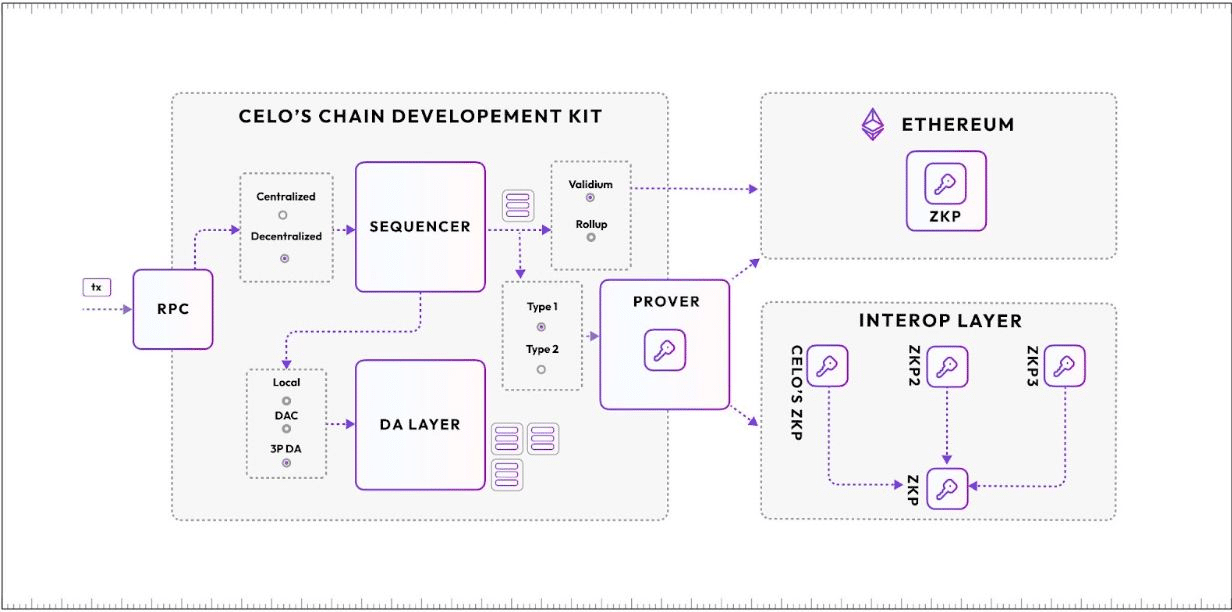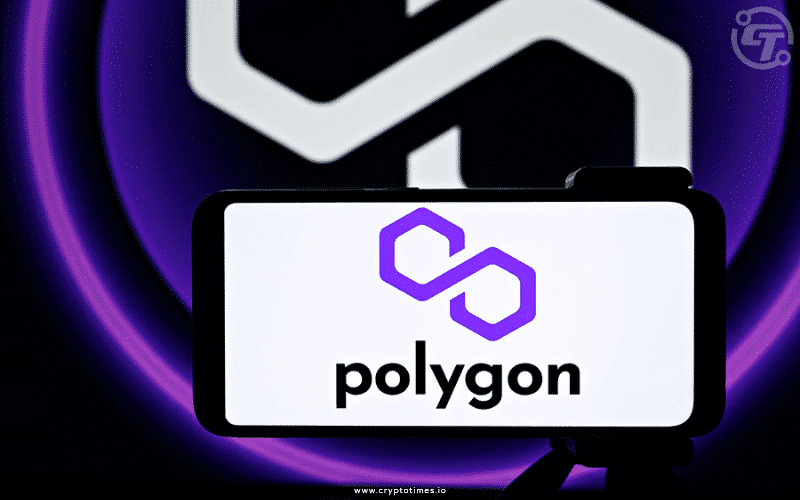Sandeep Naliwali, Polygon Labs’ co-founder, is welcoming Celo to Ethereum as the chain switches from an independent, EVM-compatible L1 to an Ethereum L2. In July, CLabs previously planned a proposal for Celo’s transition to ETH L2.
Polygon Labs suggests an alternative path for the transition that would allow Celo to maximize the advantages of L2 status while preserving the qualities that helped the chain become successful in the first place.
Moving to an Ethereum L2 is a significant technical upgrade that should include built-in Ethereum alignment and the closest developer experience possible without sacrificing security, as per the proposal.
Polygon Labs suggests that Celo Ecosystem choose to deploy an L2 using the Polygon CDK (Chain Development Kit), an open-source toolset developers can use to spin up their ZK-powered L2 for Ethereum, which will allow for existing conversion with little friction and a focus on modularity.
Sandeep says, “Polygon Labs is eager to work alongside core Celo developers to standardize off-chain data availability and develop the best decentralized sequencing tech possible.”
The Polygon Labs provided the diagram that proposed the design for Celo, and they included the requirements, including a decentralized sequencer, validium mode, and a third-party data availability solution.

Polygon Labs hopes that the Celo community will begin to discuss how deploying a ZK L2 using Polygon CDK can meet and surpass the original value propositions outlined by CLabs for a proposed Celo upgrade to an Ethereum L2.
Also Read: Polygon Kicks Off Its 2.0 Vision By Releasing 3 Major Proposals







